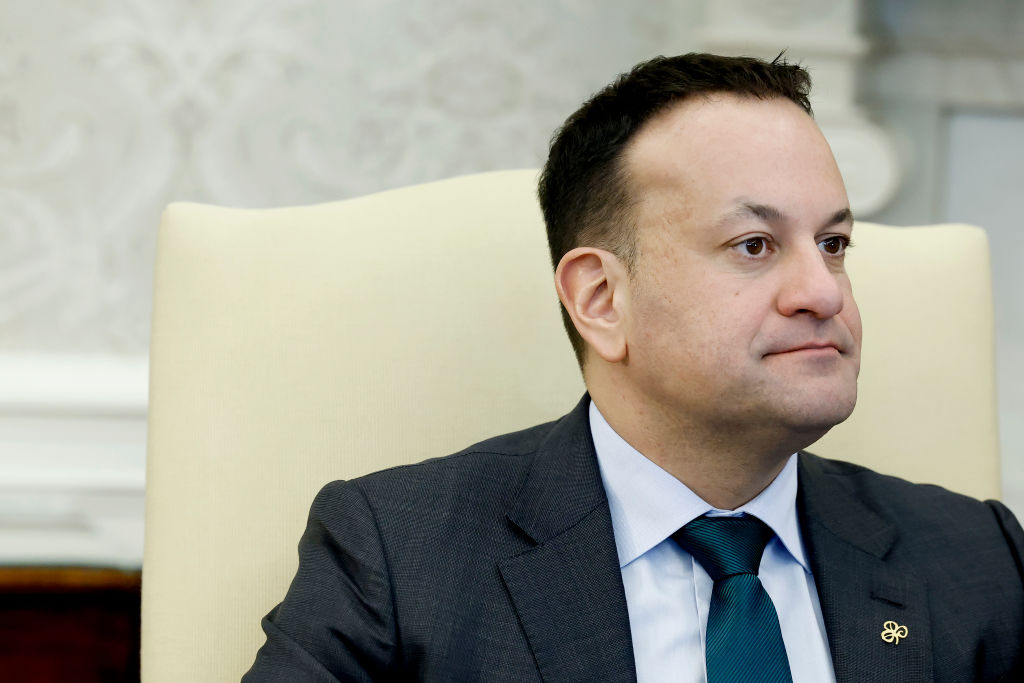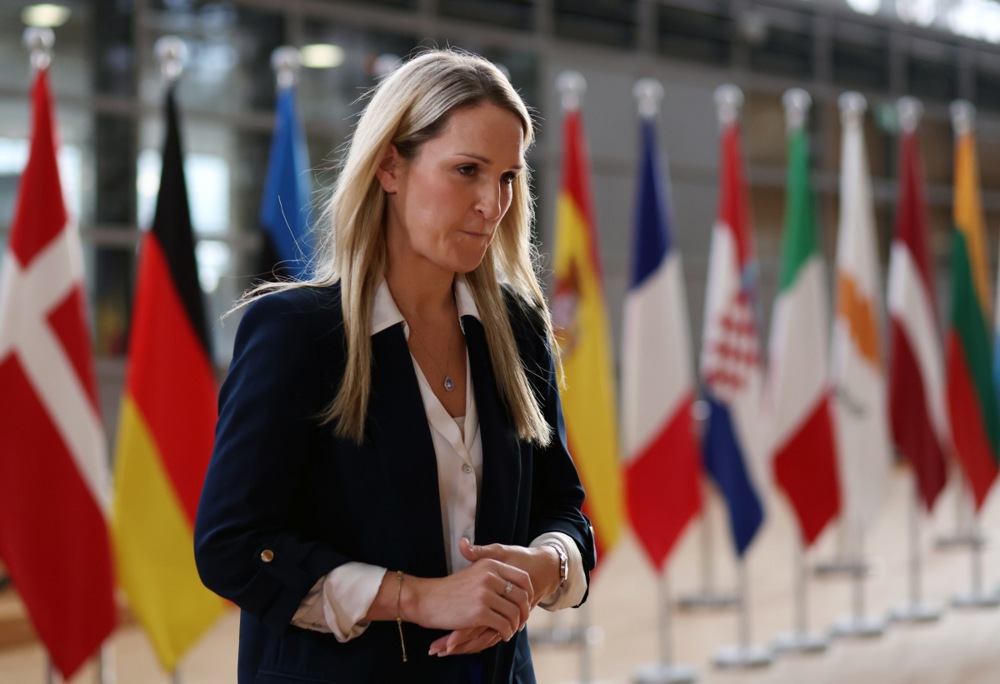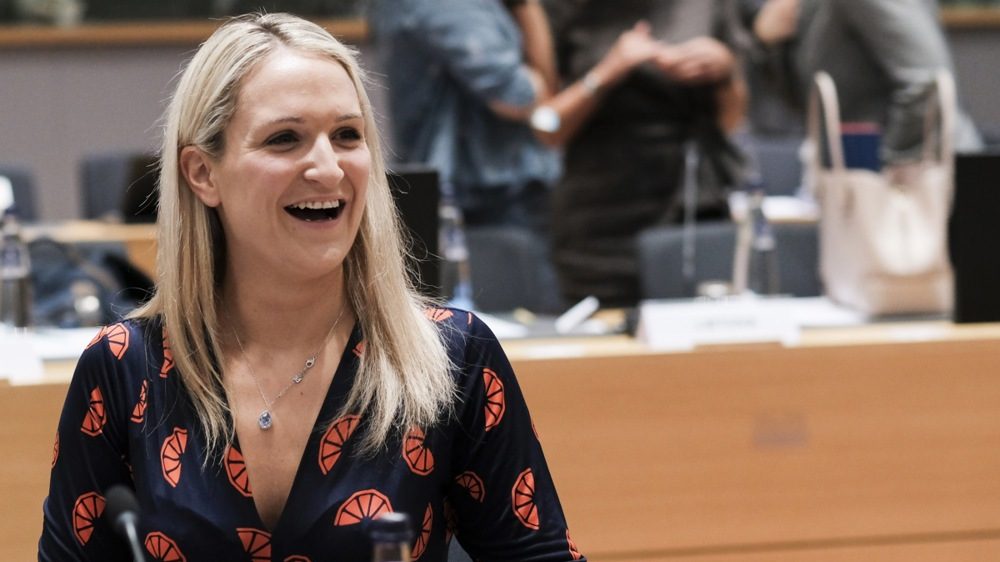Ireland’s Taoiseach (Prime Minister) Leo Varadkar has officially resigned his position amid growing concerns nationally about European Union-linked legislation.
Speaking shortly before officially tendering his resignation, Varadkar expressed certain regrets about his time in office, especially surrounding Ireland’s handling of the economic aspects of the Covid outbreak.
“When the pandemic happened, we never thought that the economy would bounce back so quickly and, because of that, there were big investment decisions and spending decisions that we could have made a year or two earlier that would put us in a better position today,” he said.
“It’s easy with hindsight to know these things, we didn’t know at the time.”
He added that he felt “pretty good” about leaving the role and that, while he said it was a difficult decision to come to, he was now glad he had made it.
“I haven’t taken more than two consecutive weeks off since 1996,” he said, adding he had “no regrets” about his decision to move on.
COMMENT: Ireland’s new Taoiseach with no consequence: The arrival of Simon Harris will make no difference to the tsunami about to hit the Republic’s old parties, writes M E Synon. https://t.co/I1glgFfh7W
— Brussels Signal (@brusselssignal) March 25, 2024
Ireland’s Parliament has now appointed Varadkar’s fellow party member Harris as PM.
Given his relative youth, some of his parliamentary colleagues have publicly reminisced about meeting him when he was a youngster.
“He may or may not have been wearing his dad’s suit,” Minister of State Neale Richmond remarked, adding that when he met the then-17-year-old, the teenager was both serious and “a bit of craic [fun]”.
While having only just taken up the role, Harris is already under pressure over issues including the country’s forthcoming hate-speech bill. That has come under scrutiny both nationally and internationally for potentially infringing freedom of speech.
Much of the backlash over the bill has centred around the country’s justice minister Helen McEntee, who has repeatedly been called to resign over both the bill and a number of other controversies within the purview of her ministry.
Despite such calls, McEntee is expected to keep her position, with the proposed hate-speech rules also continuing to receive support under the justification they are now required to comply with directives from Brussels.
Controversy in Ireland is also swirling around the upcoming Migration Pact, with some calling on the Irish Government to use its right to opt out of the Pact to help deal with the country’s ongoing asylum surge.
Varadkar had already committed Ireland to opting into the legislation, a move that has been criticised by many.
“The EU’s Asylum and Migration Pact is a mixed bag of seven proposals. Alongside Denmark, we are the only country with the opportunity to remain outside all or some of these EU measures. We should use that ability to opt-out, as is our right,” a spokesman for the leading opposition party Sinn Féin (The Left), said.
“We are strongly of the view that opting-into all or most of them would not be in Ireland’s best interests.”
Ireland’s “cosy cartel of media and Government” is “cracking” amid a backlash over its support for mass immigration, rebel lawmaker @MattieMcGrathTD has said. https://t.co/ZYEjrENcGS
— Brussels Signal (@brusselssignal) February 2, 2024





